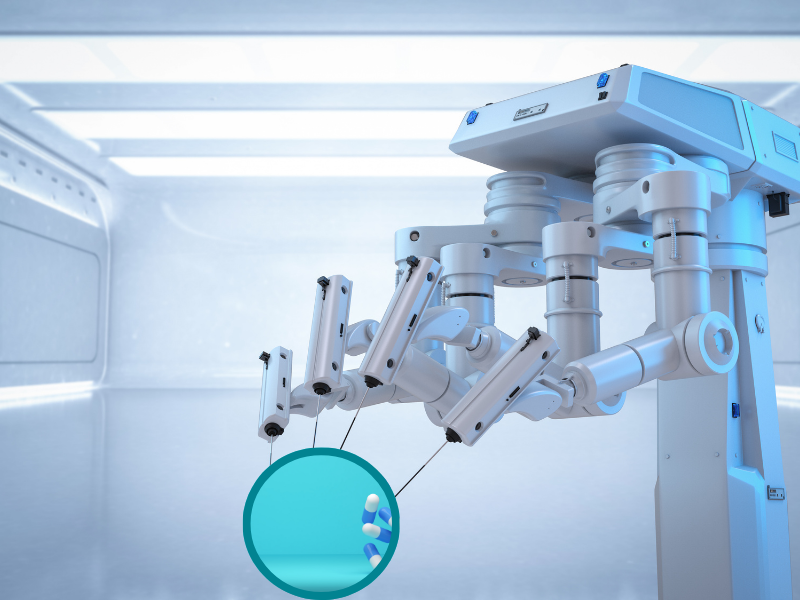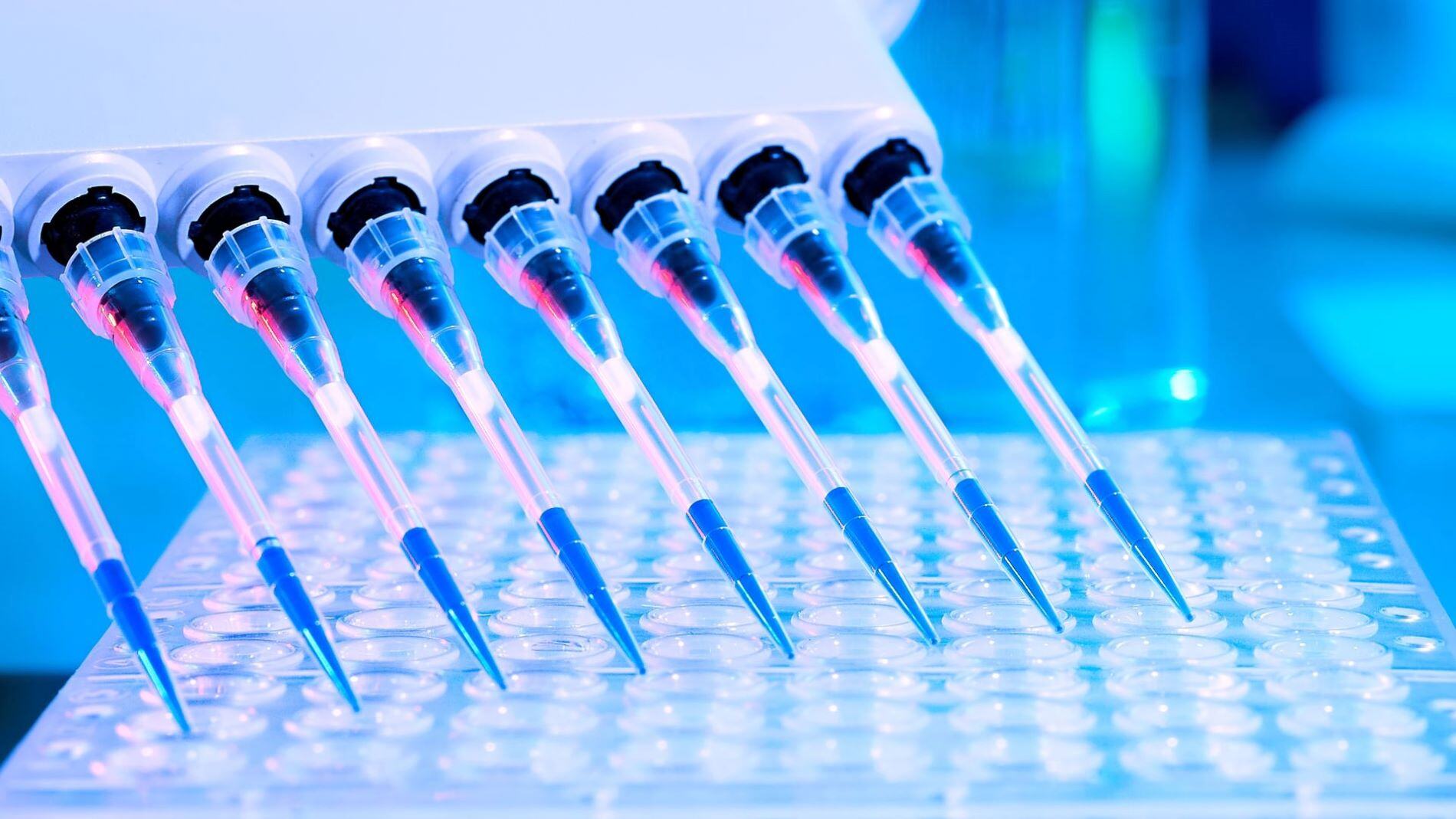CellQualia: The Robot Changing the Face of Stem Cell Therapies

Stem cell therapies have emerged as a promising field in regenerative medicine, offering the potential to repair or replace damaged cells and tissues in the body. Stem cells are unique cells that can self-renew and differentiate into many different types of cells, making them an attractive tool for treating a wide range of diseases and conditions.
Stem cell therapies are effective treatments for a variety of conditions, including corneal and cartilage damage, neurodegenerative diseases, and blood disorders such as blood cancer. These cells also offer the potential for personalised treatments, as the cells can be sourced from the patient’s body, reducing the risk of rejection and the need for immunosuppressive drugs.
Naturally, the range of applications which stem cell therapies have makes them a highly appealing treatment option. However, these therapies are still in their early stages, and much more research is needed to understand their full potential and limitations. They are also difficult to manufacture, making their current availability limited and costly.
- How AI Integration is Optimising Drug Development Pipelines
- FDA Release New Guidance for Modifications to AI/ML Enabled Devices
- mRNA Vaccine Development to Get a Quantum Boost
Integrating new technologies into stem cell development pipelines could be crucial to solving these problems. Researchers are already exploring such possibilities at the UK Medicines and Healthcare Products Regulatory Agency (MHRA). The MHRA’s UK Stem Cell Bank is trialling a “pioneering stem cell robot” called the CellQualia Intelligent Cell Processing System, an innovative new technology capable of growing stem cells.
Japan is the only other country where this technology is currently being trialled. The program being conducted by the MHRA is part of a UK-based international research programme launched in 2021. It marks a collaboration between the MHRA, SAKARTA (an Edinburgh-based start-up that works on regenerative medicines), and Sinfonia Technology (a Japanese equipment manufacturer).
The MHRA’s program will run over the course of 12 months. During this time, researchers at the UK Stem Cell Bank will examine whether the stem cells produced using the fully automated CellQualia system meet the standards required for them to be used in potentially life-saving treatments.
Marc Bailey, MHRA CSO, said that “the new Intelligent Cell processing System […] could make the stem cell manufacturing process much easier and transform the availability of these treatments.” This technology also has the potential to reduce human error in this process, resulting in a more consistent final product.
The CellQualia system undoubtedly holds a lot of potential. However, it remains to be seen whether or not it will actually contribute to the creation of safe and effective stem cell therapies. Nonetheless, the MHRA’s trial marks a considerable step forward in stem cell research and will hopefully allow patients to benefit from more accessible and reliable treatments.
Get your weekly dose of industry news and announcements here, and keep up to date with the latest ‘Industry Spotlight’ posts. For other PharmaTec content, please visit the PharmaTec Content Portal.
Want to find out more about the innovations happening in pharma data? Join Oxford Global’s annual Pharma Data & Digital Medicine event today. This 2-day conference brings together a panel of prominent leaders and scientists, sharing new case studies, innovative data, and exciting industry outlooks.






